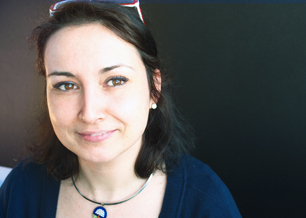Team
Associate Professor
Chiara Begliomini
READ BIOGRAPHY

Chiara Begliomini
PUBLICATIONS
2023 - When Corticospinal Inhibition Favors an Efficient Motor Response
2022 - Structure of the Motor Descending Pathways Correlates with the Temporal Kinematics of Hand Movements
2021 - Neuroanatomical Correlates of Binge-Eating Behavior: At the Roots of Unstoppable Eating
2021 - Handedness and white matter networks
2021 - Reach-to-Grasp: A Multisensory Experience
2020 - Characterizing impulsivity and resting-state functional connectivity in normal-weight binge eaters
2019 - The impulsive brain: Neural underpinnings of binge eating behavior in normal-weight adults
2018 - The Neural Correlates of Grasping in Left-Handers: When Handedness Does Not Matter
VIEW ALL PUBLICATIONS